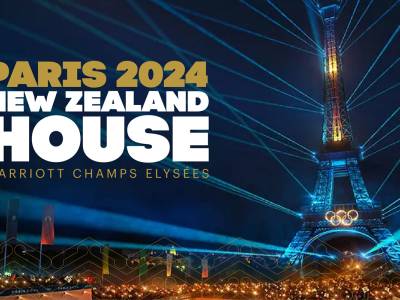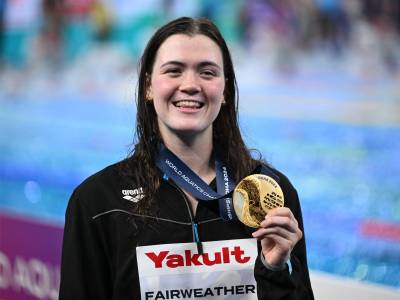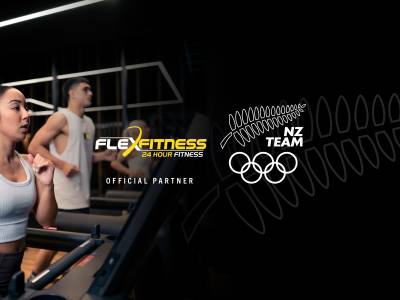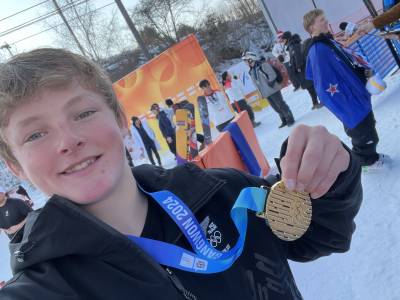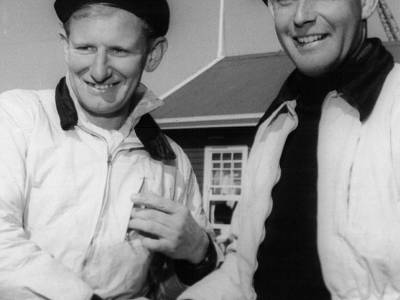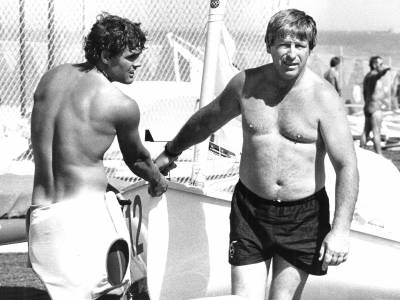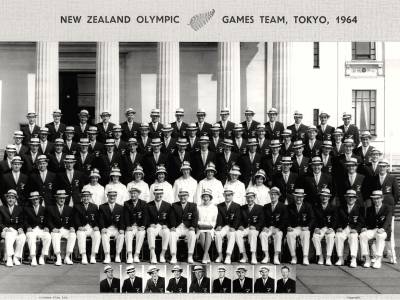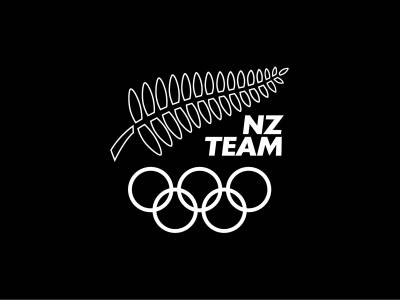Aucklander Earle Wells had an early connection with the water – his father was a mercantile marine in World War I.
Wells had an interest in yachting from an early age and sailed R class, 14ft and 18ft boats for some years.
He was employed by W A Stevenson Contractors. Stevenson was an unusual employer. He followed sport keenly and was eager for his company to excel in this area. For a couple of years Wells worked in an open-cast coal mine in the Waikato. While there, and at the urging of Stevenson, the company put together a rowing coxed four, training every day at Mercer.
They became a competitive crew, to the point where they had even a crack at qualifying for the 1960 Rome Olympics.
Soon after, Wells moved to the company's head office in Auckland, where he took Stevenson up on his offer/challenge to become a champion sailor.
Wells and a friend of his, Peter Harding, built a Flying Dutchman they called Pandora, but found they did not gel as a team. So in 1961 Wells invited Helmer Pedersen to sail with him. It was a decision that eventually won New Zealand the Flying Dutchman gold medal at the Tokyo Olympics in 1964.
Though Pedersen – blunt and brusque – and Wells – more studious and engaging – were opposites as personalities, they worked well together. The early 1960s was a time of considerable strength in Flying Dutchman sailing in New Zealand, but Wells and Pedersen became recognised as one of the leading teams in the country.
They sailed magnificently in atrocious conditions during the 1964 nationals at Browns Bay and earned selection for Tokyo.
They began their Olympic campaign disastrously, with a 16th placing followed by a withdrawal after hitting a buoy. Then they put together a sequence of 1-3-1-1-4 to sew up the gold medal.
They stayed together for another year, contesting the world Flying Dutchman championships in Melbourne in 1965 and finishing at the top end of the fleet without winning a medal. After that they went their separate ways, neither quite recapturing the glory of that 1964 gold medal.
Pedersen turned to ocean racing while Wells got into racing Dragons. He contested world championships at Toronto, Majorca and Tasmania, always finishing near the top of the points table without placing in the top three.
In the late 1960s, Wells took up the challenge of ocean racing, first helming Anticipation, and then Condor. He was to sail in five Sydney to Hobart races, the Clipper Cup series off Honolulu and many other great ocean races.
When he finished his competitive sailing, Wells became a representative of the Auckland Yachting Association for some years, and chairman for three.
In 1972 he and his wife Jean bought a furniture factory and ran it until 1990, when they moved to Whakatane to farm deer.
Wells and Pedersen were inducted into the New Zealand Sports Hall of Fame in 1990.
Tweet Share
Earle's Games History
-
Olympic Summer Games Tokyo 1964
- 1

